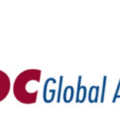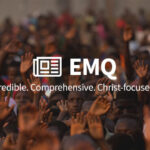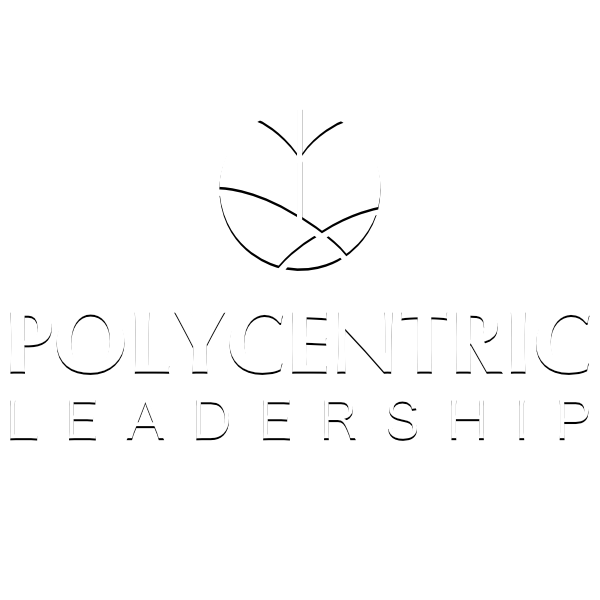GUEST POST BY MATTHEW J. KRABILL, PH.D.
The European missionary movement emerged outside the existing church structures, operating almost exclusively through separate mission boards, extra-ecclesial missionary orders, or voluntary societies, and relied on specific trained specialists. This arrangement produced an entrenched church/mission dichotomy in both missiology and mission praxis. Despite the fact that many old categories have dissipated, the Christendom shadow looms large, evidenced in centralized structures, unidirectionality, and territorial church polity. Lastly, current Western missionary maps are constitutive of relationships, organizational links, and financial flows—often reflecting patterns of dependence—which were largely fashioned during the modern missionary movement.
In contrast, the ecclesial existence of the non-Western movement mirrors the multidirectionality and reciprocity of globalization, as it is decidedly polycentric, marked by transnationality, decentralization, and network authority.9 Essentially a lay-led initiative with the congregation functioning as the hub of mission for receiving and sending, the need for a mission agency is often eclipsed altogether. Their deterritorialized approach to mission is evident in the fact that immigrant churches are as likely to re-evangelize their fellow Americans, including Christians in their midst, as they are Muslims in their countries of origin. Toward that end, in church polity, geographic diversity and presence are viewed as an asset, not a liability.
As a result, churches embody a ministry motif whereby geographic locations rarely mirror the scope of ministerial responsibilities, strategies, and outlook. Migrants, both individuals and congregations, function as transnational ecclesial actors who represent nodes or nexuses of intersectionality, linking them to a dizzying array of other actors in a multiplicity of other locales. For example, one pan-African congregation of approximately 75 members I researched in Los Angeles had established five transnational ministries: a church plant in Tokyo (forged through relationships at ESL classes in Pasadena), three church plants in northern Nigeria, an orphanage in central Nigeria, and a health clinic in Beirut, Lebanon. In addition, 20 members (two-thirds of its adult membership) had created ministries in their homelands and beyond.
Organizationally, what emerges are structures that pluralize centers of power and, as such, privilege no single governing center, centralized hub, or command center. Marked by a plurality of decision-making locales, each center is fully operational and independent yet simultaneously interconnected and interdependent. The multiplicity of centers employs a form of governance characterized by network authority, whereby each transnational ecclesial agent operates with a sanctioned authority and hence is able to sustain existing initiatives and make decisions regarding new ventures without the constraints of a centralized structure.
The networks of authority and of cooperation facilitate a multilayered ecclesial universe, where the connections and linkages forged between transnational ecclesial agents within the professional and entrepreneurial networks they inhabit often translate into collaborative efforts and participation in one another’s ministries. These independent transnational circuits function as a primary source of exchange of ideas, shared expertise, material support, and ultimately partnership, without having to establish formal ties through a central ecclesial governing body. Its essential hallmarks—flexibility, scalability, and survivability—permit a high degree of functionality in contexts faced with weakened civil infrastructures, unreliable institutions, and precarious resources. As such, institutional creativity and innovation enable immigrant ministries to resist multiple attacks, interruptions, and intrusions that might otherwise halt organizational life.
Finally, this polycentric ecclesial existence challenges longstanding traditional structures, assumptions, and values as they are disrupted, bypassed, or reconfigured in order to mirror the priorities of immigrants themselves. Old categories are scrambled and new ones configured. Toward that end, assessing the wide range of sociocultural issues that emerge in these encounters would go a long way in both reframing and expanding ecumenical relations.
Matthew J. Krabill, Ph.D., Paris Mennonite Center, co-director
More information
Posted here with permission from Fuller Magazine, Issue 19.
Photo by Andrew Butler on Unsplash










